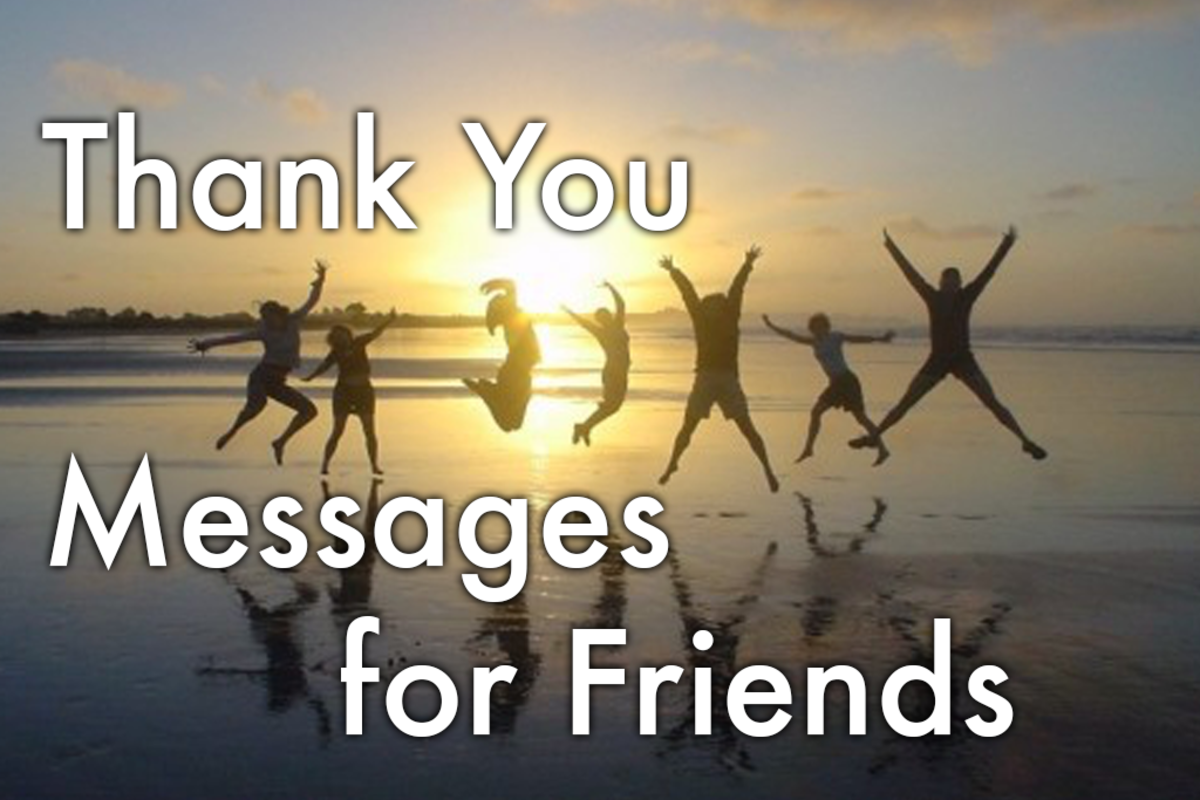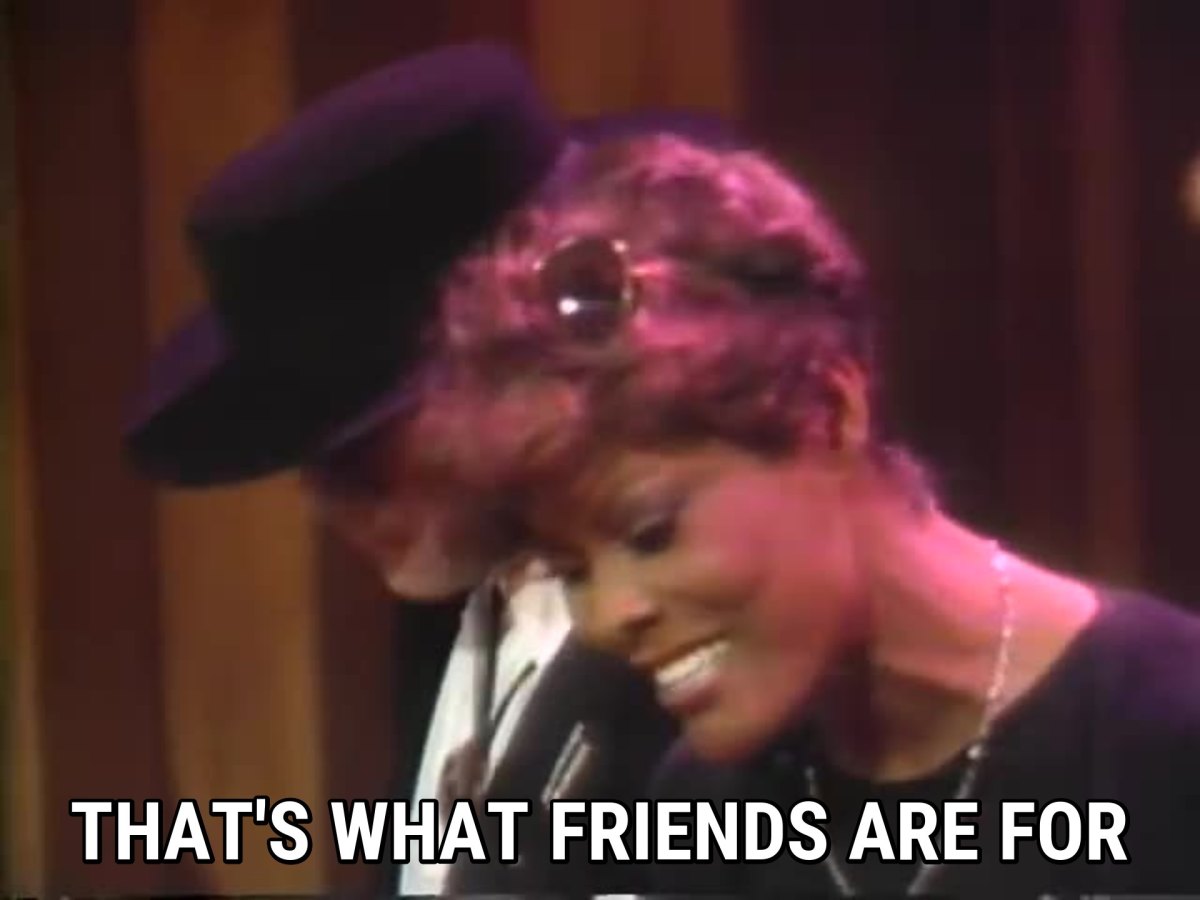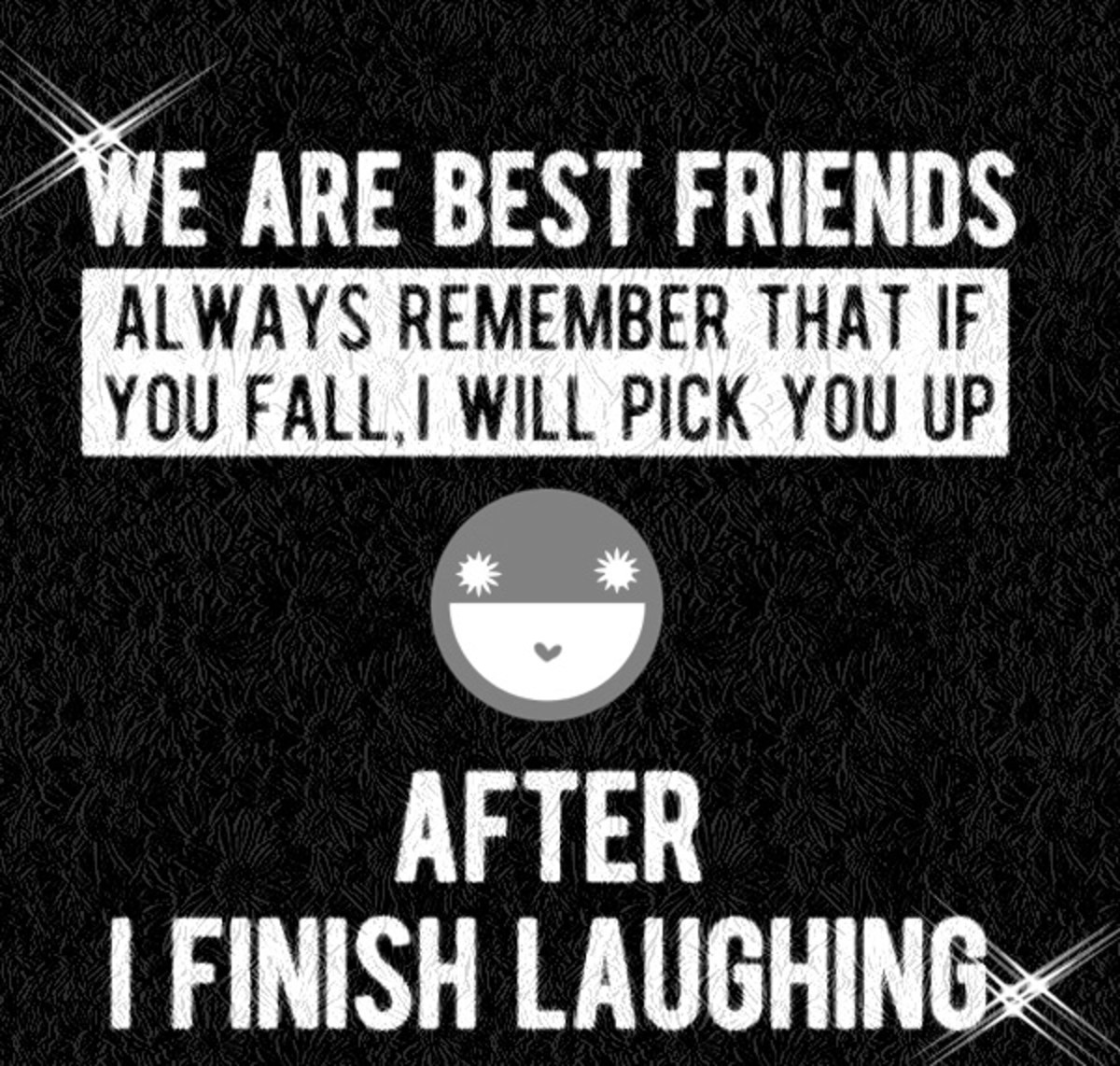Getting into a relationship? Get it right!
Almost all of us have friends, and by virtue of this fact we consider ourselves fortunate. Most of us take care to nurture and preserve the special relationships that we have formed over a period of time, although we experience difficulty and at times pain and anguish as we live in them. Some relationships in particular require immense and constant patience, tolerance, adjustment and appeasement in order for them to survive. Just one instance of obstinacy and the slightest suspicion of opportunism can instantly destroy what was till then seen and believed to be an exemplary friendship.
At the beginning of a relationship
Even the ruthless gangster has a need for selective honesty; he has to trust and be trusted by at least one of his henchmen.
Honesty is the foundation upon which any relationship is built, the weakening of which can cause the relationship to gradually disintegrate or totally collapse. When two people are in a situation that has the potential of leading them by degrees to a solid and serious relationship, if not both, one of them is definitely looking for positive and negative signs, all the time. An example of personal integrity, sometimes accompanied by monetary loss or social disfavour, is a positive sign while snobbish behaviour towards restaurant waiters, for example, will be regarded as a negative sign.
If you notice or even sense such negative signs, stop pursuit.
Do not introduce such persons to anyone you know.
Do not favour them with job referrals.
Do not allow them to pay your bill at the bar or wherever.
Do not even accept free invitations to a show.
(By all means, return their civil hello when you bump into them, but nothing beyond. But, if you are the adventurous type or believe that you have a taste for some weird fun, go ahead and humour the specimens at your own doom and discomfiture.)
In the middle of a relationship
You have gone some way, if not exactly half, and see the relationship evolving. By mutual consent, tacit or explicit, you let yourself be part of it as it develops. Than at the beginning, there is at this stage more watching, analysing and interpreting. Promise of consolidation coexists with potential for dissolution.
You may be a person who forgives easily and will listen to and consider patiently and with an open mind explanations about unfriendly behaviour – not answering or returning your calls, going back on a promise, failing to show up or repay a debt and such acts of omission and commission. Yet, you most certainly have your own limits of tolerance and you are not playing the martyr. At this stage, honesty has to cohere with frankness. Having come to this stage in the relationship on the foundation of honesty, you must now express yourself frankly – your views and reactions. This stage tests the potential for survival of the relationship, by challenging both parties in terms of how much they are willing to commit so as to strengthen the bond.
If frankness in speech and behaviour is reciprocated, the result is a healthy respect for each other – a manifestation that shows the promise of a truly great friendship, at least in concept. On the other hand, if being frank merely exposes the cracks and crevices, then one is well advised not to invest any more time and effort on the relationship.
In a relationship
Well you have advanced to this level and, while the potential for great times together is enormous, you cannot simply wish away arguments, fights or even a breakdown.
You started being honest, then you proceeded to be frank with each other and now you will best serve the relationship by being critical – critical in the sense of being decisive, not just being criticizing or censorious but analytical and discerning in all matters concerning the relationship.
True friendship is a two-way street - honest, frank and critical. That way, bouquets and brickbats are exchanged cheerfully and sportingly. A lot can threaten the relationship but it has so much more to survive any onslaught.








